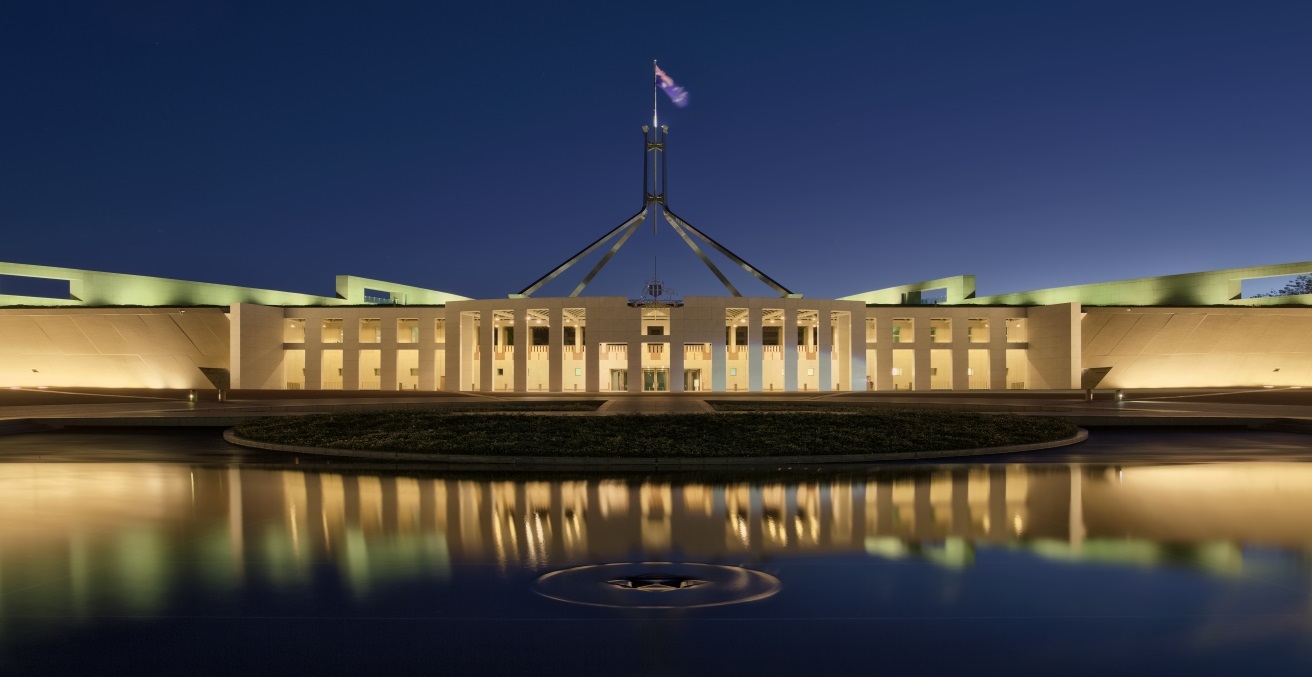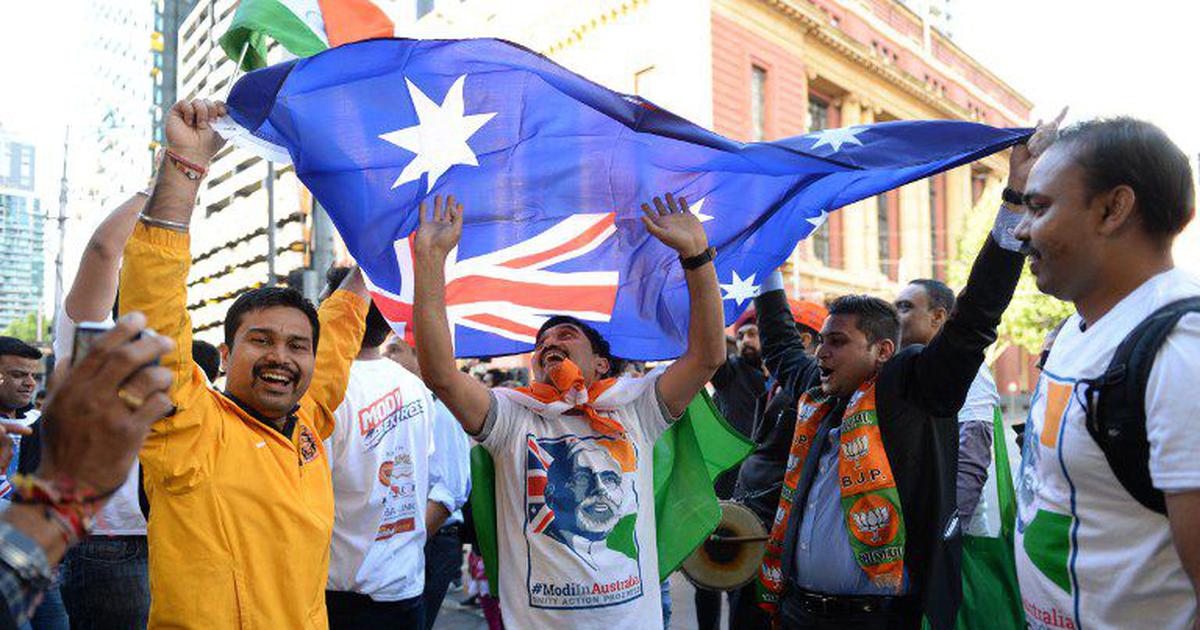Trade between Australia and ASEAN member states is underdeveloped. But there are potential solutions to remedy significant soft trade barriers between ASEAN and Australia.
The Australian Department of Foreign Affairs and Trade’s (DFAT) Foreign Policy White Paper places deeper economic integration with the Association of Southeast Asian Nations (ASEAN) and its ten member states at the centre of Australia’s Indo-Pacific strategy. Increased engagement will provide Australia with greater access to ASEAN’s US$2.89 trillion market and 5.0% annual GDP growth, and would enable Australian businesses to better capitalise on ASEAN’s strong demand for Australian goods and services.
The multilateral ASEAN-Australia-New Zealand Free Trade Agreement (AANZFTA) and Regional Comprehensive Economic Partnership (currently in negotiation) provide a solid base for closer economic relations by reducing most hard/direct integration barriers, such as tariffs. However, indirect barriers to foreign direct investment (FDI) remain mostly unaddressed and seriously undermine the capacity for and extent of ASEAN-Australia economic integration.
There are two significant soft barriers that need addressing: (1) Australian businesses’ poor cultural intelligence (CQ); and (2) knowledge deficits underpinned by insufficient Austrade resourcing and underdeveloped people-to-people (P2P) links.
CQ
Despite geographic proximity to ASEAN, Australian businesses are hampered by their low and declining ASEAN CQ. High CQ, usually demonstrated by foreign language fluency and cultural knowledge and experience, is strongly associated with successful FDI. Conversely, low CQ undermines trade and investment: a 2014 Cardiff Business School study estimated that the United Kingdom, an advanced economy similar to Australia, lost 3.5 percent of its 2006 GDP from missed and/or failed trade opportunities resulting from poor CQ.
While recent programs have attempted to strengthen Australia’s ASEAN CQ, progress has been limited. New Colombo Plan (NCP) Scholarships annually offer around 120 undergraduates public funding to engage in 3 to 19-month long Indo-Pacific activities. However, only 34.3 percent of scholars from 2017-19 are ASEAN-based. Of that, 72.5 percent of ASEAN-based scholars primarily reside in Singapore or Indonesia, highlighting a lack of diversity in ASEAN experience. Comparatively, NCP Mobility grants and ‘OS-HELP’ loans provide opportunities to more university students, but their impact is limited to short-term degree-credited activities within the Indo-Pacific. Neither scheme targets primary/secondary schools.
Individualised CQ development hubs
One answer to the problem of CQ could be trialling country-specific ASEAN language and cultural institutions throughout Australia. For example, the “Vietnam Hub” would offer Vietnamese CQ services to Australians. Hubs would aim to collaborate with their respective member state and that country’s institutions to facilitate two-way CQ and FDI development.
Comparative examples demonstrate how hubs improve CQ. The NSW Government’s ‘Intensive English Centres’ illustrate that well-resourced CQ institutions facilitate rapid, large-scale learning. Additionally, the German Foreign Office’s Goethe-Institut, which promotes German language and culture in Germany and 98 countries worldwide, records substantial German CQ improvement and FDI interest.
To promote Australia-wide CQ tuition accessibility, ASEAN hubs could provide language training in face-to-face, distance, and business contexts. They could engage diasporas or other proficient speakers to alleviate school language teacher shortages. Hubs could also develop ASEAN subject syllabuses to ensure that ASEAN courses run in schools: the 2018 NSW Higher School Certificate had no Thai, Lao, Malay, and Myanmar/Burmese courses, meaning students had no opportunity to learn those languages at school. School and university curricula could also highlight country-specific opportunities like Thailand 4.0 to excite students, highlight opportunities, and justify continued learning and engagement.
To develop cultural competence, hubs could intensify the existing ‘BRIDGE’ ASEAN-Australian school partnership program. They could also adopt a study tour to their designated country similar to the University of New South Wales’ Confucius Institute’s “Shanghai Study Tour,” whereby the Chinese Government funds Mandarin training, cultural integration activities, and company visits for Australians.
Centre costs could be hedged through hybrid public-private operation, sourcing partial funding or resources from the ASEAN Secretariat and/or its member states, and/or implementing fees (for example, language course fees cover 40 percent of the Goethe-Institut’s budget).
Australia-ASEAN Council upgrades
The Australia-ASEAN Council should increase its capacity to promote and fund domestic ASEAN CQ development opportunities. Currently, the Council provides some ASEAN engagement grants to Australians. However, with a total grant pool of between AU$250,000 and AU$500,000, and only 11 grants being awarded in 2018-19, the Council’s impact on ASEAN CQ improvement is limited.
To best complement the NCP’s out-of-Australia focus, Council funding should increase to comprehensively provide grants for in-Australia learning. An upgraded Council could, for example, provide grants to rural/regional students to enrol in distance ASEAN language classes.
Like the NCP, an upgraded Council acknowledges that most ASEAN states do not, and cannot, provide significant investment toward developing Australia’s ASEAN CQ. Additionally, Council grants, being an indirect subsidy for domestic ASEAN CQ providers, would not only underpin an increase in demand for ASEAN CQ services, but would proliferate domestic CQ provider supply.
Costs can be reduced through private sector partnership, means-tested or merit-based screening, and/or a perpetuity scheme whereby a principal investment attracts sufficient interest for their the annual grant pool.
Knowledge deficits
Economic integration is hindered by low awareness among Australian businesses of ASEAN opportunities and information. For example, AustCham ASEAN found that 35% of its members were unaware of AANZFTA, and that 60.6% of its members, while interested in ASEAN FDI, lacked the required information to invest.
Critically, the Chamber’s finding runs contrary to the ordinary trend of high free trade agreement (FTA) utilisation rates recorded in non-ASEAN jurisdictions. In particular, Australian small to medium-sized enterprises (SMEs) entering ASEAN record disproportionately low FTA utilisation according to Tulus Tambunan and Alexander Chandra. Since economic improvement is linked to strong FTA awareness and utilisation, information deficiency likely presents a high cost to Australia through lost opportunities.
This piece recommends specific FTA promulgation funding and investing into SME P2P trips.
Targeted ASEAN FTA funding
The Philippines Department of Trade and Industry increased AANZFTA utilisation from 64.1 percent (2010) to 76.1 percent (2011) by organising public seminars within the Philippines and abroad to highlight opportunities created by AANZFTA. Additionally, “FTA Clinics” which provided domestic consultation on investment barrier navigation techniques, encouraged increased FDI participation via FTAs.
As Australia’s commercial diplomacy wing which “equips, enables and empowers” business, Austrade is best positioned to promote ASEAN FTAs. However, with a total estimated 2019-20 budget of AU$750,000 for Austrade’s promotion of all Australian FTAs, there is neither dedicated nor substantial ASEAN FTA promotion funding. This piece suggests providing Austrade with funds directed to promoting AANZFTA and ASEAN-based FTAs with Thailand, Singapore and Malaysia using the Philippine experience as a potential model.
SME experiential networks
PwC’s Passing Us By study found that Australian inexperience with Asia significantly hinders two-way FDI, and that 90 percent of medium and 93 percent of small Australian enterprises had no Asia experience. This exemplifies the need for ASEAN-Australia P2P improvement policies.
Tambunan and Chandra present a solution by highlighting the Thai Commerce Ministry’s supported trips for Thai SMEs within ASEAN’s Economic Community. Although an intra-ASEAN example, Thailand found that excursions, complemented with CQ training, directly improved SME FDI capacity and indirectly aided Thailand’s own modernisation.
An Australian model could adopt and extend upon Thailand’s success by engaging ASEAN industries and governments to form an investment network similar to DFAT’s NCP ‘Internship and Mentorship Network’.
Conclusion
By working with ASEAN and its members through CQ training initiatives and opportunity promotion campaigns, soft barriers to closer economic ties can be significantly reduced. While alleviating soft barriers involves some cost, domestic investment catalyses international investment, with comparative analysis highlighting the potential for increased jobs, economic improvement, and a bolstered Australian regional influence.
James Dunn is a current Intern at the NSW Division of the Australian Institute of International Affairs. He is in his fourth year of study towards a Bachelor of Laws and Commerce at the University of New South Wales, and is a former DFAT New Colombo Plan Scholar.




